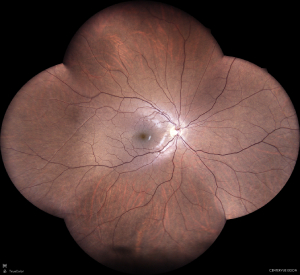Our Services
Our Services
Our doctors and staff work as a team to provide you with a comfortable and welcoming environment to provide you the best eye care and customer service we possibly can.
We provide:
- Ocular disease management, including glaucoma and macular degeneration
- Cataract surgery consultation and co-management
- LASIK pre and postoperative management
- Ocular infection treatment
- Contact lens examinations (multifocal, gas permeable, astigmatism)
- Dry Eye evaluation and management
- Comprehensive eye examinations
We have invested in the latest technology to aid in the diagnosis and treatment of various ocular conditions. This allows us to focus on preventive medicine to give you a lifetime of healthy vision.
Digital Retinal Photography


Optical Coherence Tomography (OCT)
An OCT uses ultrasound technology to analyze structures inside the eye. It basically creates a topographic map of the structures in the eye and is essential in the diagnosis and management of ocular diseases such as glaucoma and macular degeneration. This revolutionary technology allows us to analyze the individual cell layers of the retina.
Octopus Perimeter
This instrument maps your peripheral vision, which gives us information about the neurological pathways of optic nerve and brain. It is used for treatment and diagnosis of glaucoma and certain neurological diseases.

